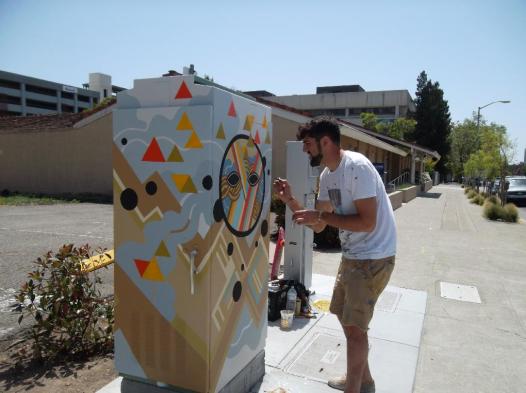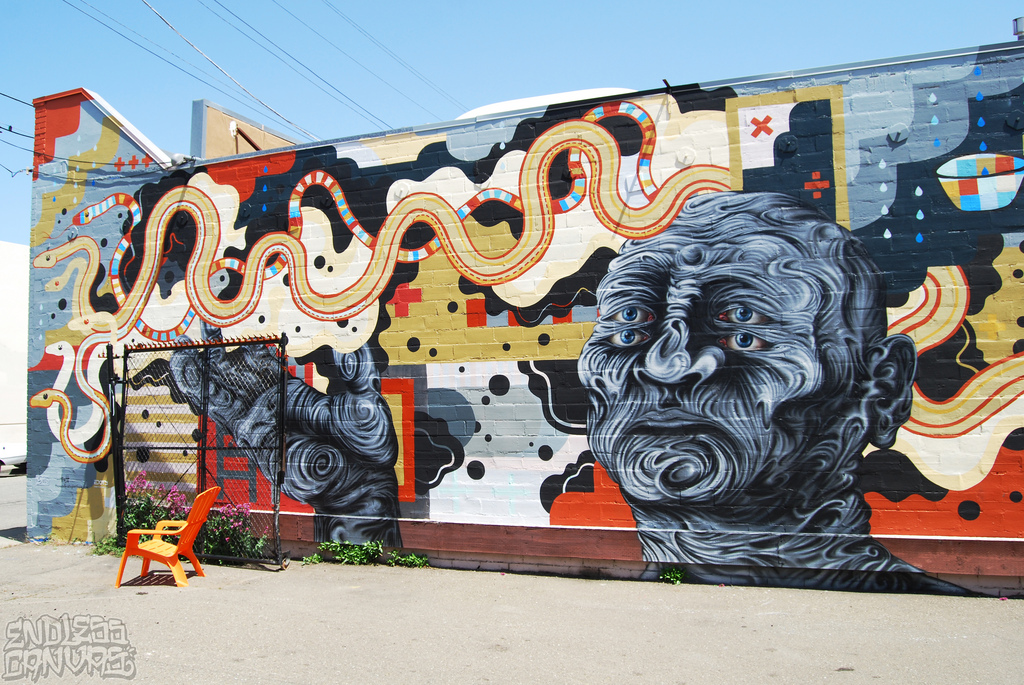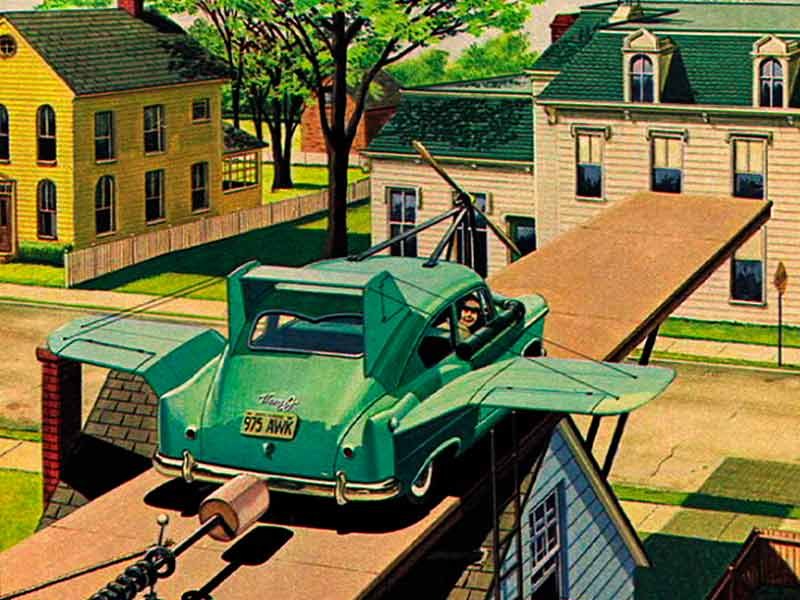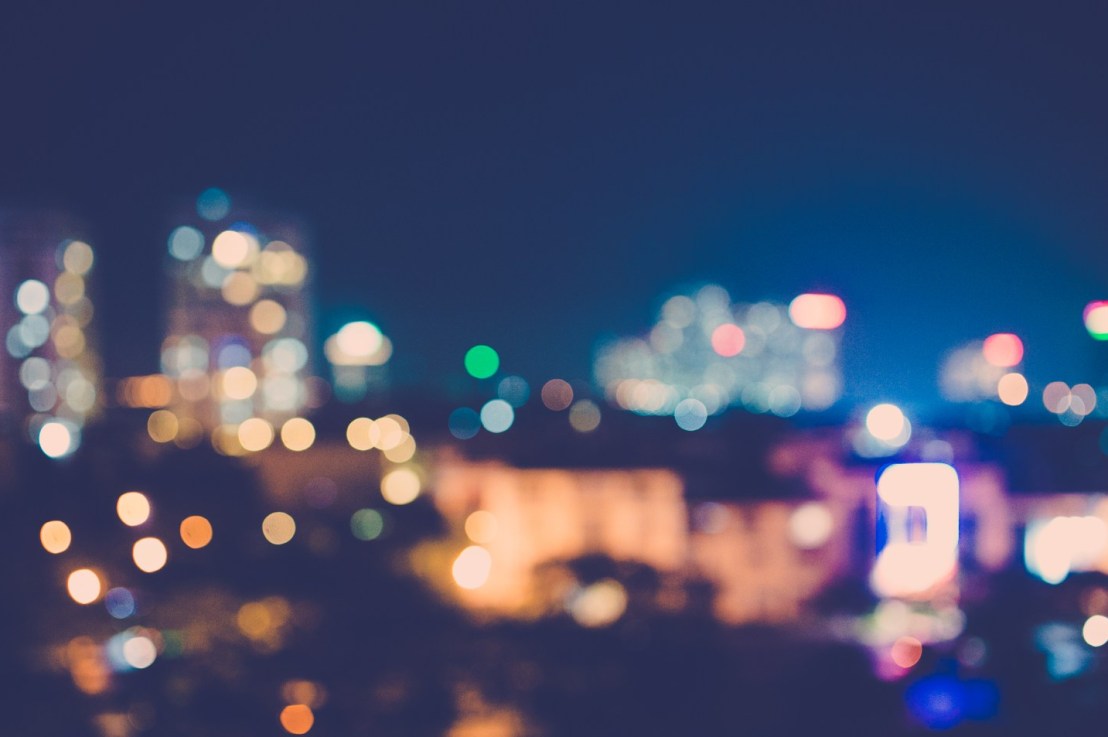So today i watched a talk by David Polka, a street artist. I thought about his opinion on how street artists portray death and decay and i think that he has an interesting opinion and i agree with his thoughts and feelings on this subject.

He says that cities and olden buildings express decay. They speak for the passage of time and human presence. They’re inspiring with there cool textures and the way that we can relate to architecture. You can see all the processes that had happened, you can see the contrast of seeing man-made structures return to the way they were from. It opens up new questions when you see the processes happen, like overgrown plants etc.
He says that as a graffiti artist he wants to leave a mark on the world. We all do because if we don’t, we feel lifeless. Graffiti art is highly controlled visual advertising on blank walls. It makes people feel that they can give an opinion when they look at it because its not like going to the gallery, its more open and it makes people think. This is an example of the power art can give and another opinion on decay.
If you’d like to watch the video i have been referring to, you can watch it here:

 A retro-future that never happened — full of flying cars, polo-playing tanks and the RMS Tyrannic, “The Biggest Thing in All the World.”
A retro-future that never happened — full of flying cars, polo-playing tanks and the RMS Tyrannic, “The Biggest Thing in All the World.”
